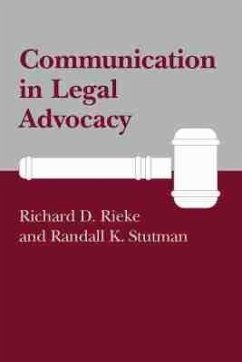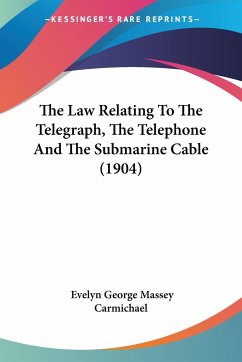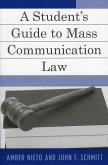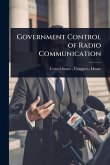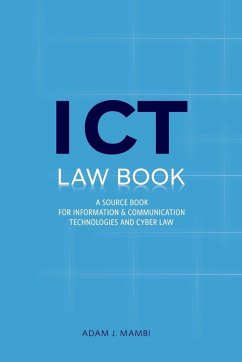This is a research-based, practical analysis of communication processes in trials. Besides the traditional perception of trials as scientific fact-finding proceedings, the authors look at trials as social-scientific phenomena. Responding to the emerging interest in alternative dispute resolution, the book examines the ways in which negotiation, mediation, and arbitration interrelate with trials. The authors combine traditional argumentative analyses (such as presumption and burden-of-proof) with contemporary ideas about narrative rationality. Social science research is used to expand the understanding of such traditional concepts as procedural fairness, the credibility of witnesses as sources of knowledge, and procedures such as jury selection, opening and closing statements, witness examination, and jury deliberation. Readers looking for a practical and strategic guide to effective trial advocacy, theoretical insights into trials as socially sanctioned mechanisms for dispute resolution, and a study of applied argumentation within the specialized field of law will find this book extremely beneficial.
Bitte wählen Sie Ihr Anliegen aus.
Rechnungen
Retourenschein anfordern
Bestellstatus
Storno

